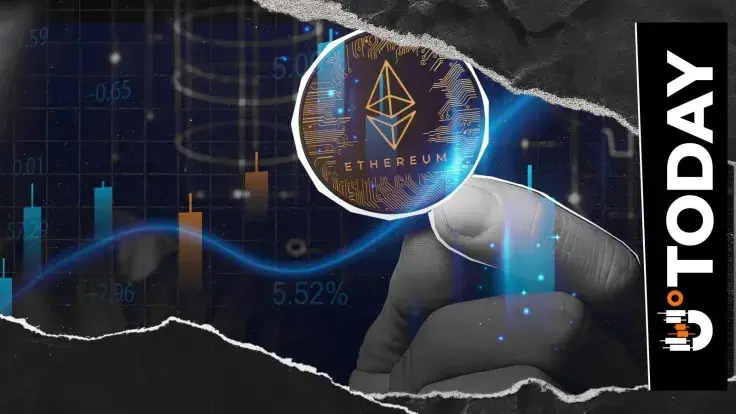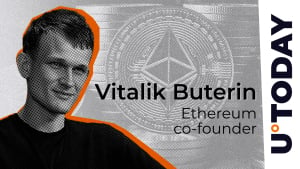Paul Brody, Ernst & Young's Global Blockchain leader and Enterprise Ethereum Alliance chairman, has shared his views on midterm prospects of Ethereum (ETH) ecosystem privacy developments. He showcases the progress the most advanced privacy-centric EVM networks achieved in the last years.
Ethereum (ETH) privacy design became 2000x more cost-effective, Ernst & Young's Paul Brody says
Modern privacy-oriented networks are processing shielded transactions unbelievably cheaper compared to prototypes demonstrated years ago.
For instance, Ernst & Young's Nightfall spends $0.05 for the same verification tooling that used to cost $100 in gas fees eight years ago, the platform's Global Blockchain Leader Paul Brody shared in a guest thread for Ethereum Foundation.
This is not an isolated example, he opines, as Aztec, COTI Network, Miden and other blockchains exploring zero-knowledge (ZK) computations also achieved notable traction in terms of how fast ZK-proofs are generated and how much gas they spend.
As a result, Brody expects the whole technology to become mainstream for users and, primarily, institutions, leveraging Ethereum (ETH) computation resources in the coming months.
The whole mathematics of zero knowledge have improved at an immense speed. I’m confident that within 18-24 months, even relatively complex transactions will be cost efficient in high volumes for business users and consumers.
Advertisement
The result of this complex workload will be way more impressive for privacy compared to what permissioned blockchains achieved, as they still remain traceable to organizers of such private networks.
"Privacy and anonymity aren't the same thing"
At the same time, he stressed that the current privacy developments do not target anonymity — they are more focused on combating unfair competition than becoming obfuscated for regulators and researchers. The most crucial moments here might happen next year:
Nigthfall, Aztec and others are all deployed in test-net environment now and I believe that 2026 will be a golden year for Ethereum privacy for both consumers and business users
As U.Today previously reported, Ethereum's (ETH) privacy remains one of the main narratives for the second largest blockchain in 2025.
In April 2025, Ethereum's (ETH) co-founder Vitalik Buterin made headlines with a privacy road map, which includes both L1 and L2 changes focused on achieving the next level of privacy for EVM ecosystem networks.



 Dan Burgin
Dan Burgin Vladislav Sopov
Vladislav Sopov